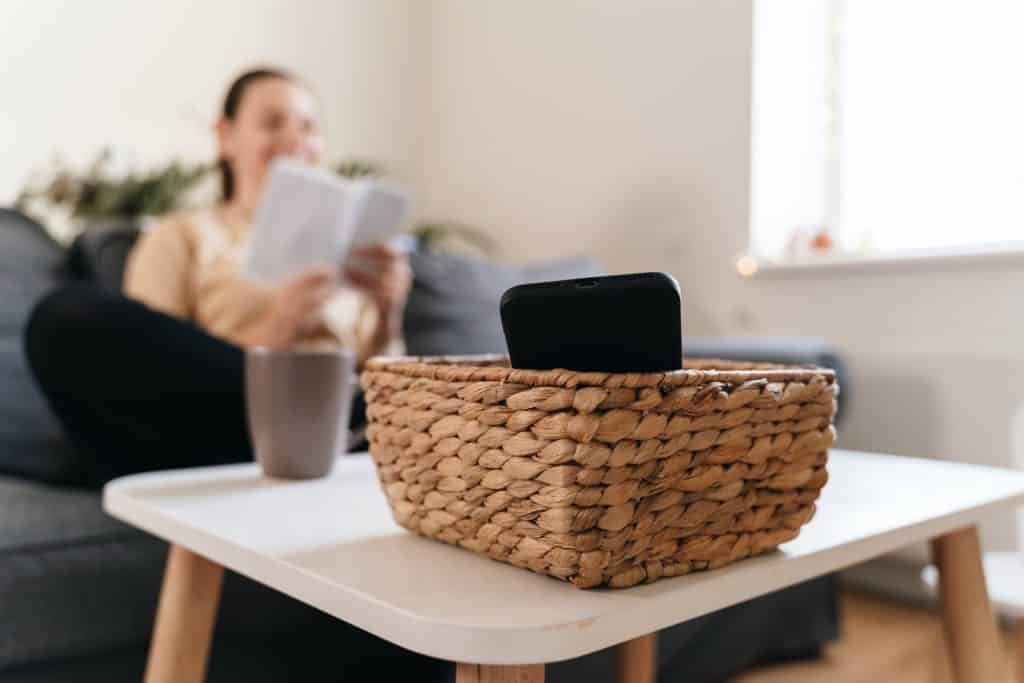
Before the pandemic, working remotely from home sounded like a luxury. A year in, the reality has turned out to be, well, a little bit different. Many workers are finding that work from home has meant working more and caring for ourselves less.
Losing the separation between the spaces where we live and work has had surprising consequences, with many remote workers finding themselves having trouble logging off when the day is over. Overworking can have negative effects on our well-being and our productivity. It’s a situation that can lead to burnout.
Productivity experts agree that people’s ability to stay productive decreases the more time they spend working. According to a Stanford University study, once you reach 50 hours a week, productivity plummets. Fatigue is a big culprit, but what really suffers is our ability to stay focused on our tasks. It turns out working all the time doesn’t just impact our personal lives; it also has a negative effect on our work.
Here are some tips for keeping your home life and your work-from-home life separate (and keeping yourself sane in the process).
Carve out some space
You’re working from home, but that doesn’t mean you should give up your commute. Even if the commute is just from the living room to your home office. That’s because it’s important to have your workstation be a space dedicated to just that one purpose—and be a space that you can leave behind at the end of the day.
This helps your brain understand that when you’re at your workstation, you’re in work mode. Without that distinction, it’s too easy to be distracted by other tasks around your home or apartment.
If you’re living in small quarters without a room that you can dedicate just to work, try to set up dedicated space within a room that can be exclusively dedicated to work. And if that isn’t possible, find a place to store your desk items out of sight during off hours—take a few extra minutes to set up your workstation each day, then pack it up and put it away when the workday is done.
The importance of a dedicated workstation in the home cannot be overstated. It can sound tempting to be able to work on your laptop while lounging on your couch, versus sitting upright at your desk. The problem is that once you start working in your “relaxation” space, it can be hard to separate them again. Before you know it, you’re on your laptop answering emails right up until bedtime.
Break up the day
It’s easy to lose steam as the day wears on. Rather than fight through them, listen to your body and take a break to recharge. Personally I like to recommend a mid-day jog, a 30 minute power class like Peloton or mental health walks. We all know the benefits of working out for our overall well-being, but making time for it during the day has the added bonus of giving you an energy boost to help get you through the afternoon. The fresh air and change of scenery has similar restorative effects. Often, I find when I step away from the computer for a walk outside, the solutions to problems I’m having come to me, all thanks to a little shift of perspective.
Take it outside
In fact, fresh air can make such a big difference I feel it shouldn’t be reserved just for breaks. Look for ways to work outdoor time into your workday. I encourage my colleagues to get off Zoom when they can and take their meetings as walking phone calls. This often removes distractions, and the new environment can also set off a creative spark that makes this meeting format even more productive. If you live close to a colleague, try socially distanced walks. As the weather gets warmer, try meeting a client for coffee in a park. Little changes like these can have a big effect. You’ll get to enjoy the restorative effect of the outside world even when you don’t have time to stop your day.
Unplug means unplug
You’ve put in a full day’s work, now it’s time to unwind—by checking social media. We use our devices for both work and play, and connecting with friends and family remotely during the pandemic is a necessity. Nevertheless, from time to time it’s important to step away from all your digital devices and screens. In addition to workouts and mid-day walks, try to switch from time reading your phone to reading a book or magazine, talking with friends, or taking in nature. And for best results, remember to unplug at least 30 minutes before bedtime. You’ll sleep better, which is just what you need…to be more productive tomorrow.
In the remote work era, stepping away from work mode can be a challenge. But reestablishing a healthy work-life balance doesn’t just help our personal lives, it also leads to better work and helps us stay more productive. So the next time work starts getting to you, try unplugging.

